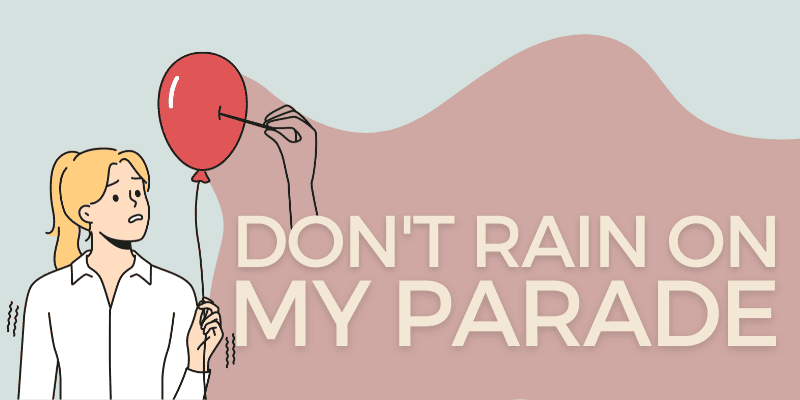Do a 180 or do a 360
Do a 180 and do a 360 are idioms that came into use in the mid-twentieth century. We will examine the meaning of the idioms do a 180 and do a 360, where they came from, and some examples of their use in sentences. Do a 180 is a phrase that means to reverse one’s opinion or attitude, to do the exact opposite of what one intended to do. For instance, a person may refuse to eat apples and dislike …






